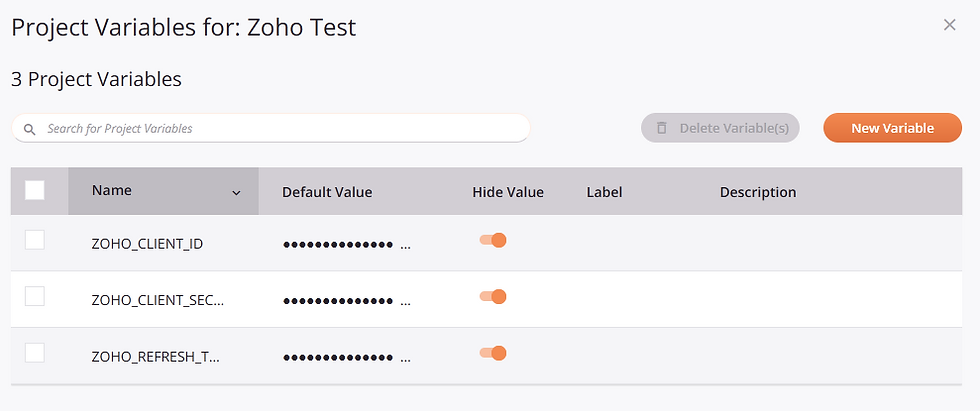The advantages of using iPaaS
- Viorel Bota

- 20 apr. 2023
- 2 min de citit

As businesses continue to rely on an increasing number of applications and systems to support their operations, the need for effective integration solutions has become critical.
Integration Platform as a Service (iPaaS) has emerged as a popular solution for organizations looking to streamline their workflows, reduce costs, and improve operational efficiency.
In this article, we'll discuss some of the advantages of using iPaaS and why it has become a must-have tool for modern businesses.
Increased efficiency and productivity
Businesses that have implemented iPaaS solutions based on Jitterbit or SAP BTP have reported improvements of 40% to 60% in their operational efficiency.
This is due to the ability of iPaaS solutions to automate tasks, reduce manual errors, and increase the speed of data transfer between different systems, which translate to increased productivity and faster response times.

Significant returns
Traditionally, integrating different systems requires significant investment in terms of time, resources, and infrastructure, however, iPaaS solutions can bring significant returns.
Studies published by iPaaS providers like Mulesoft or Boomi indicate returns on investment (ROI) north of 400% for the deployed integration solution. This is due to the cost savings generated by reduced integration costs, improved operational efficiency, and increased agility.
Gartner's report from 2021 reflects a 40% yearly market growth, which clearly indicates the added value of IPaaS for multiple business owners.
Improved agility and scalability
Aside from optimizing the existing business processes, iPaaS can also be used to prepare an organization for growth by making it ready to handle change.
API management features, offered by many iPaaS providers, enable companies to develop a holistic view of the company IT infrastructure and define growth strategies that provide the flexibility to scale their operations as required, without significant investment in additional infrastructure or resources.

Improved customer experience
iPaaS solutions can help businesses provide a more unified and personalized experience to their customers by integrating data from different systems.
For example a retail company might integrate their e-commerce website, mobile app with an ERP system to ensure that their inventory and pricing information is consistent across all channels.
Automating processing and fulfilling orders from the most appropriate location will reduces the risk of errors and delays in order processing thus ensuring that customers receive their orders as quickly as possible.
Additionally, the retail company might choose to integrate with the systems of the delivery service provider and provide to the end customer delivery tracking information right on the retailers website and app.
Conclusions
In conclusion, iPaaS solutions provide businesses with a range of benefits, from increased efficiency and productivity to enhanced scalability and better customer experience.
As more organizations look to modernize their IT infrastructure and improve their operational efficiency, IPaaS will undoubtedly continue to play a critical role in driving digital transformation and growth.



Comentarii